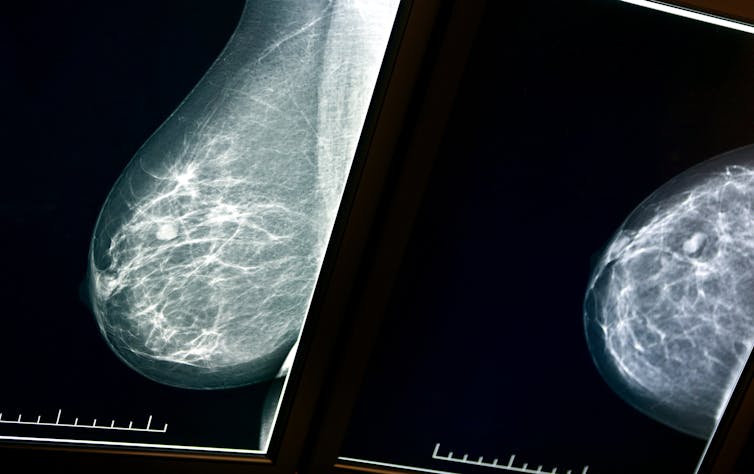Author archives: a1616403
Search news stories
Enter a keyword to search news.
What are ‘Ozempic babies’? Can the drug really increase your chance of pregnancy?
Hundreds of thousands of people worldwide are taking drugs like Ozempic to lose weight. But what do we actually know about them? This month, The Conversation’s experts .
Trying for a baby? What you need to know about a vital part of your womb (and how to look after it)
Human reproduction is completely dependent on the healthy function of an underestimated but vital organ: the endometrium. This is the spongy tissue that lines the inner surface of the womb.
2020 Lloyd Cox Memorial Lecture by Prof Jonathan Carapetis
Professor Jonathan Carapetis AM from Telethon Kids Institute presented the 2020 Lloyd Cox Memorial Lecture on the topic: The New Closing the Gap Agreement – Implications for research.
[Read more about 2020 Lloyd Cox Memorial Lecture by Prof Jonathan Carapetis]
The International Cerebral Palsy Genomics Consortium

The Australian Collaborative Cerebral Palsy Research Group, based at the RRI under the leadership of Emeritus Professor Alastair MacLennan and Professor Jozef Gecz, recently established the International Cerebral Palsy Genomics Consortium (ICPGC), which held its first meeting this week in Adelaide.
[Read more about The International Cerebral Palsy Genomics Consortium]
Drug shows promise for preventing preterm birth

Researchers from the ³ÉÈË´óƬ have successfully tested a drug that is showing some early promise in efforts to prevent pre-term birth.
[Read more about Drug shows promise for preventing preterm birth]
Introduce eggs and peanuts early in infants’ diets to reduce the risk of allergies
In the 1970s, when we were in school, food allergies were rare. But Australian children now have the highest rate of food allergy in the world. Up to one in ten infants and two in ten school-aged children have a proven food allergy.
Could assisted reproduction reduce birth defects for older women?

Babies born to women aged 40 and over from assisted reproduction have fewer birth defects compared with those from women who conceive naturally at the same age, according to new research from the ³ÉÈË´óƬ.
[Read more about Could assisted reproduction reduce birth defects for older women?]
Watch video: The short and long-term implications of late preterm and early term birth
Professor Jonathan Morris presented the third in the series of Robinson Research Institute / Women’s and Children’s Hospital co-hosted Grand Rounds on the topic: The short and long-term implications of late preterm and early term birth.
Breast density matters in detection of breast cancer

Almost 8% of women have extremely high breast density, which can make it harder for health professionals to detect breast cancer on a screening mammogram. These women are also more likely to develop breast cancer in the future.
[Read more about Breast density matters in detection of breast cancer]

